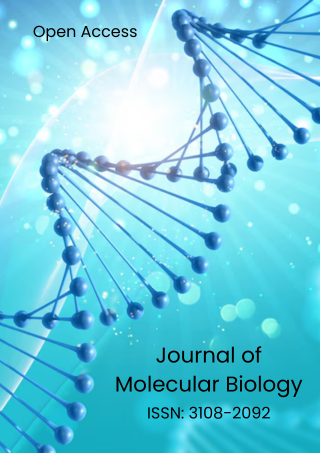Mitochondrial Biology
Mitochondrial biology is the study of the structure, function, and dynamics of mitochondria, which are essential organelles often referred to as the "powerhouses" of the cell. Mitochondria generate energy in the form of adenosine triphosphate (ATP) through oxidative phosphorylation, supporting vital cellular activities. Besides energy production, they play critical roles in apoptosis (programmed cell death), calcium homeostasis, and the generation of reactive oxygen species. Mitochondria also contain their own DNA (mtDNA), which is inherited maternally and encodes key proteins involved in energy metabolism. Mutations in mitochondrial DNA or dysfunctions in mitochondrial processes can lead to a range of diseases, including neurodegenerative disorders, metabolic syndromes, and aging-related conditions. Understanding mitochondrial biology is crucial for developing therapies targeting mitochondrial dysfunction in various human diseases.
Article Processing Timeline
| 2-5 Days | Initial Quality & Plagiarism Check |
| 15 Days |
Peer Review Feedback |
| 85% | Acceptance Rate (after peer review) |
| 30-45 Days | Total article processing time |
Journal Flyer


